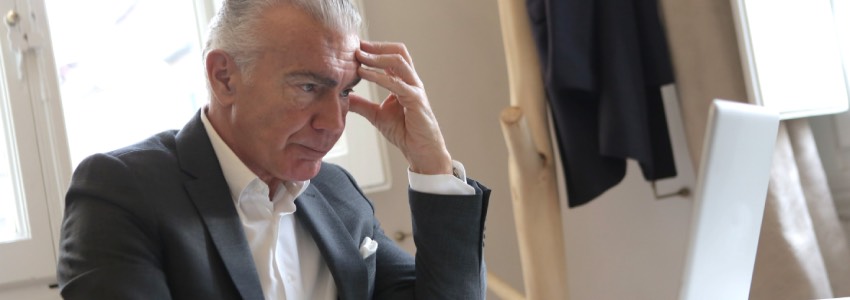“If you want something new, you have to stop something old.”
Peter Drucker
Are you comfortable changing your mind?
This week I had the opportunity to lead a coaching discussion with a client who has enjoyed decades of success, personal accolades, and carries great influence. He is tireless, passionate, and very coachable. Paradoxically, he is struggling with today’s competitive pressures, a shrinking industry and a boss who is failing to embrace the difficult realities of our industry. During the coaching session I asked him to consider rethinking his limiting beliefs, and to honestly confront his own reality. I reminded him that it’s hard to change anything unless you first rethink and change your internal beliefs. What lies, fears, or outdated philosophies are tripping you up, and what should you be RETHINKING?
RETHINKING THE FUTURE OF WORK.
McKinsey’s research recently revealed that while compensation is important, the most important reasons for people leaving a job are the relational factors, like feeling connected to their managers, feeling valued for what they do and getting meaning from their work. Are you creating emotional experiences with your team?
Most companies are not preparing, nor taking seriously, the future of work. Many organizations are not quickly embracing next generation thinking, evolving associate expectations, and new ways of motivating and inspiring talent. The problem is that many managers don’t ask the right questions. Gallup’s recent study on The Future of Work discovered 5 ideas worth RETHINKING.
- What is the #1 habit of a great manager?It’s the discipline of conducting one meaningful conversation per week / per employee. And 80% of those who experience a weekly “meaningful conversation” with their boss are highly engaged at work. Are you committed to meaningful weekly chats with your teammates?
- Managers account for 70% variance in team engagement and well-being.And only 10% of people have ever been asked how they like to be recognized on the job. Do you spend the time to go deeper, and do you understand the individual motivations of your team?
- Some people think of their work and personal lives as one integrated experience, and some are demoralized by this idea.Research shows that 50% of the workforce are blenders (mixing work and personal life) and 50% are splitters. (separating work and home life as two distinct experiences). Do you understand what your teammates prefer in their work experience?
- In a hybrid work culture, the most preferred time in the office is Tuesday, Wednesday, and Thursday. But who makes this decision and what are the best practices?In the most engaged organizations, the team collectivelydecides which days to be in the office. These groups experience twice the engagement as the national average. Here is the rub. Only 1-in-10 companies allow their teams to decide the best days to work in their offices.
Who is making this decision within your team?
- We all operate best in 90-minute loops.Your energy drops off after that, then you must ask your STRESS HORMONES to ARTIFICIALLY STEP in. We need natural energy which comes from rest, and recovery, not pressure. Managers who fail to manage their own anxieties (and energy) hinder trust and team cohesion. Effective team leaders are talent curators, culture creators, and energy managers. Does your team see you as an effective energy manager?
PwC’s Pulse Survey found 1-in-2 leaders say talent acquisition and retention are their biggest concerns. Your most talented associates have choices, and you can’t pay your way out of a free-agent economy. We must protect relationships and commit to emotional connections within our teams. Leadership is a contact sport.
We must all accept that other people’s perceptions of us may be a lot more objective than our own. Are you constantly asking for feedback on how you show up and are you RETHINKING the future of work?
The visionary starts with a clean sheet of paper and re-imagines the world.
Malcolm Gladwell

